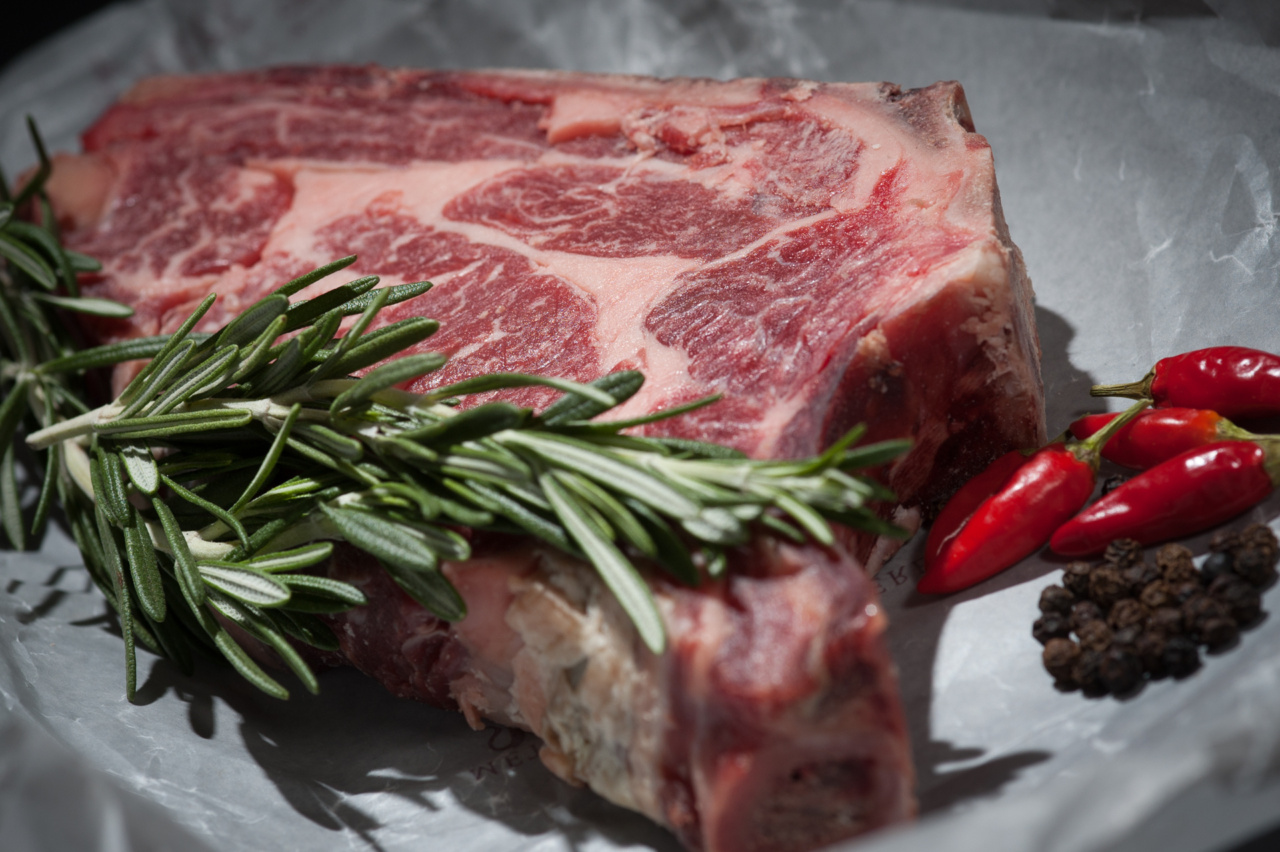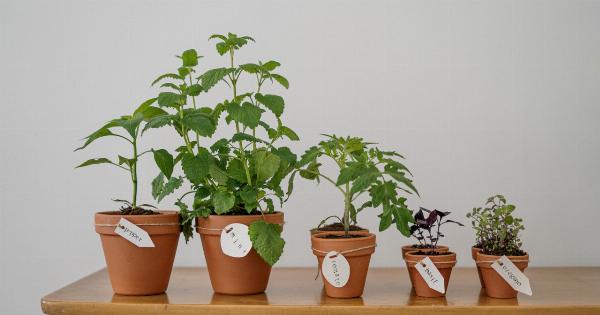Food poisoning is a common and potentially serious illness caused by consuming contaminated food or drinks. It can affect anyone, and the symptoms can range from mild discomfort to severe illness requiring medical attention.
While there are many factors that contribute to food poisoning, one often overlooked preventive measure is the use of spices in food preparation. Spices not only enhance the flavor of our favorite dishes but also play a crucial role in preventing foodborne illnesses.
In this article, we will explore the role of spices in food poisoning prevention and highlight some key spices known for their antimicrobial properties.
Understanding Food Poisoning
Food poisoning occurs when food contaminated with bacteria, viruses, parasites, or toxins is consumed. These harmful microorganisms or toxins can cause various symptoms such as nausea, vomiting, diarrhea, abdominal pain, and fever.
The severity and duration of symptoms may vary depending on the specific microorganism involved.
The Importance of Food Safety
Promoting food safety practices is essential in preventing food poisoning. Proper food handling, storage, and cooking techniques are fundamental to minimizing the risk of contamination.
However, the role of spices in preventing foodborne illnesses often goes unnoticed.
Antimicrobial Properties of Spices
Many spices possess natural antimicrobial properties, which inhibit the growth of bacteria, fungi, and other microorganisms.
These properties have been relied upon for centuries by different cultures to preserve food and protect against foodborne diseases.
Turmeric: A Powerful Antimicrobial Spice
Turmeric, a vibrant yellow spice commonly used in Indian cuisine, contains a powerful compound called curcumin. Curcumin is known for its antimicrobial, antioxidant, and anti-inflammatory properties.
Several studies have shown that curcumin has the potential to inhibit the growth of various harmful bacteria such as Salmonella, Escherichia coli (E. coli), and Staphylococcus aureus.
Cinnamon: More Than Just a Flavor Enhancer
Cinnamon, a popular spice used in both sweet and savory dishes, has demonstrated antimicrobial effects against numerous foodborne bacteria.
Studies have shown that cinnamon can help inhibit the growth of Salmonella, Campylobacter, and certain strains of Escherichia coli. Additionally, cinnamon has also been found to possess antioxidant and anti-inflammatory properties.
Oregano: Nature’s Antibiotic
Oregano is a powerful herb commonly used in Mediterranean and Italian cuisines. Thanks to its essential oil compounds such as carvacrol and thymol, oregano possesses strong antimicrobial properties.
These compounds have been found to effectively inhibit the growth of various bacteria, including Salmonella and Listeria monocytogenes.
Ginger: A Versatile Spice with Health Benefits
Ginger is widely known for its ability to soothe digestive discomfort. However, it also exhibits antimicrobial activity against foodborne pathogens.
Studies have shown that ginger can effectively inhibit the growth of bacteria like Escherichia coli, Salmonella, and Listeria monocytogenes. Gingerol, the bioactive compound responsible for ginger’s spicy flavor, is believed to contribute to its antimicrobial properties.
Garlic: Nature’s Preservative
Garlic, a pungent and flavorful spice, has been used for centuries for its medicinal properties.
It possesses potent antimicrobial properties, effectively inhibiting the growth of various harmful bacteria, including Escherichia coli, Salmonella, and Listeria monocytogenes. Garlic’s active compound, allicin, is responsible for most of its medicinal properties.
Other Spices with Antimicrobial Properties
Aside from the spices mentioned above, several others also possess antimicrobial properties. These include but are not limited to:.
- Cloves: Known for their strong antimicrobial and antioxidant properties.
- Thyme: Contains thymol, a compound with potent antimicrobial effects.
- Mustard seed: Demonstrates antimicrobial activity, particularly against pathogenic E. coli and Salmonella.
- Coriander: Exhibits antimicrobial activity against a range of bacteria, including Salmonella and E. coli.
Using Spices Safely
While spices can help prevent food poisoning, it is important to handle and use them safely. Proper storage in airtight containers, avoiding cross-contamination, and using fresh, high-quality spices are crucial to maintain their efficacy.
Conclusion
Spices not only add incredible flavor to our meals but also contribute to food poisoning prevention through their antimicrobial properties.
Incorporating spices like turmeric, cinnamon, oregano, ginger, and garlic into our cooking can help inhibit the growth of harmful bacteria and reduce the risk of foodborne illnesses. However, proper food safety practices should always be followed alongside the use of spices to ensure optimal protection against food poisoning.



























